Hollywood film directors, drawn by Jamaica's beauty, have used it as a setting for many films, including Cocktail, Blue Lagoon, 20,000 Leagues Under the Sea, Island in the Sun, Dr. No, Live and Let Die, Return to Treasure Island, Mighty Quinn, Wide Sargasso Sea and How Stella Got Her Groove Back. Jamaica's athletes have won more than 75 Olympic medals over the years, including gold medals at the London, Beijing and Rio Olympics courtesy of the record-breaking speed of Usain Bolt. The most surprising sport is bobsledding: Despite the fact that the island has no ice or snow, its two-man bobsled team ranked 10th in the 1992 Winter Olympics. Jamaicans call the speed bumps on the roads "sleeping policemen." Jamaica has 635 mi/1,022 km of coastline, with a beach around every bend and nestled in every cove. Couples can be married 24 hours after arriving in Jamaica if prior application has been made for a marriage license and notarized birth certificates have been produced. No blood tests required. Jamaica is listed in Guinness World Records as having more churches per square mile/kilometer than any other country. Parish churches welcome tourists at Sunday morning Mass, but mind the strictly enforced dress code. Dining in Jamaica
People ARE traveling again! Why not you?
Click the button to schedule your consult with Debbie of Palmer Preferred Travel and start planning your dream vacation instead of keeping your life on hold--there are beautiful luxury destinations waiting for you with so much to do and no lines! Or, give Debbie a call. She's the travel agent of choice because she books with YOU in mind. Share the knowledge
1 Comment
Dee
9/24/2020 04:17:44 pm
I love Jamaica, Contact me and let me know when we can travel to Jamaica again.
Reply
Your comment will be posted after it is approved.
Leave a Reply. |
AuthorDebbie Palmer Categories
All
Archives
November 2022
Tuesday Travel Tips!Get TWO MONTHS FREE of CLEAR, Click above. |

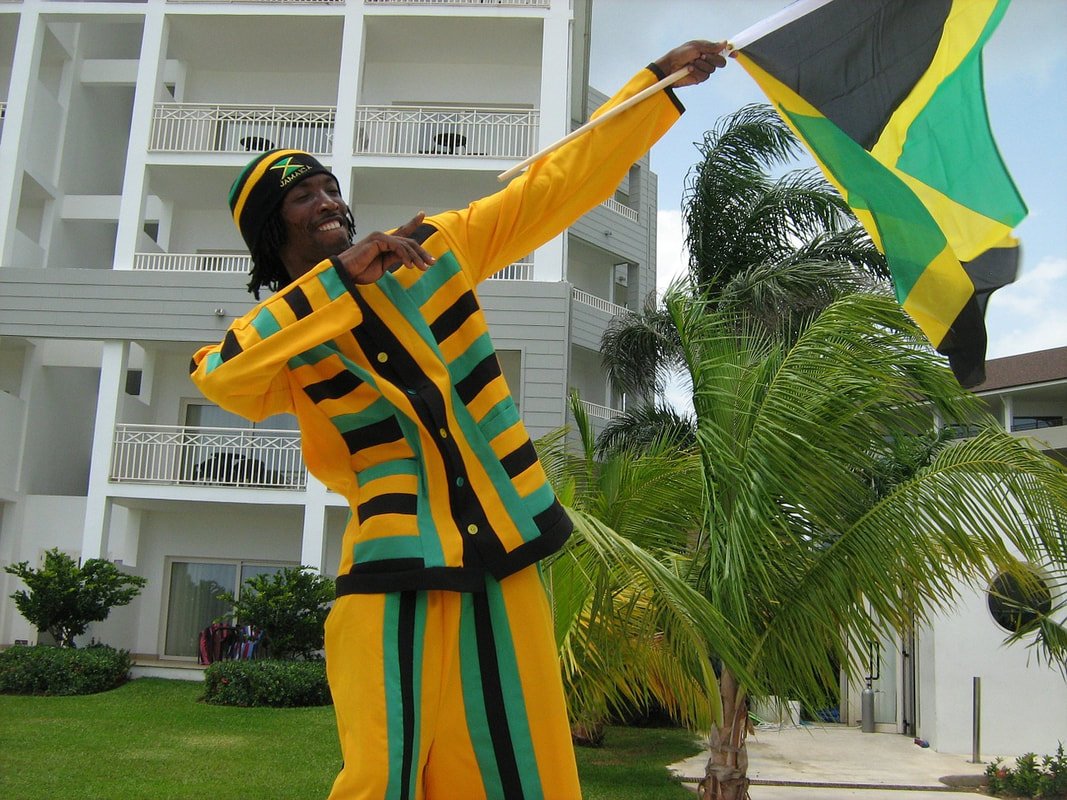
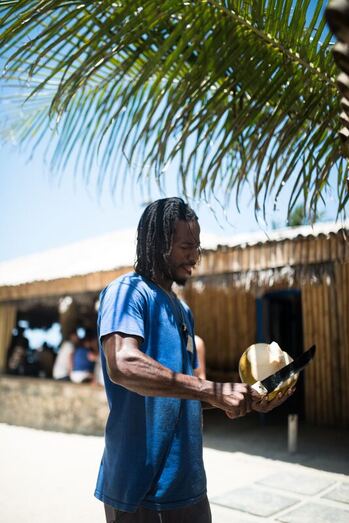
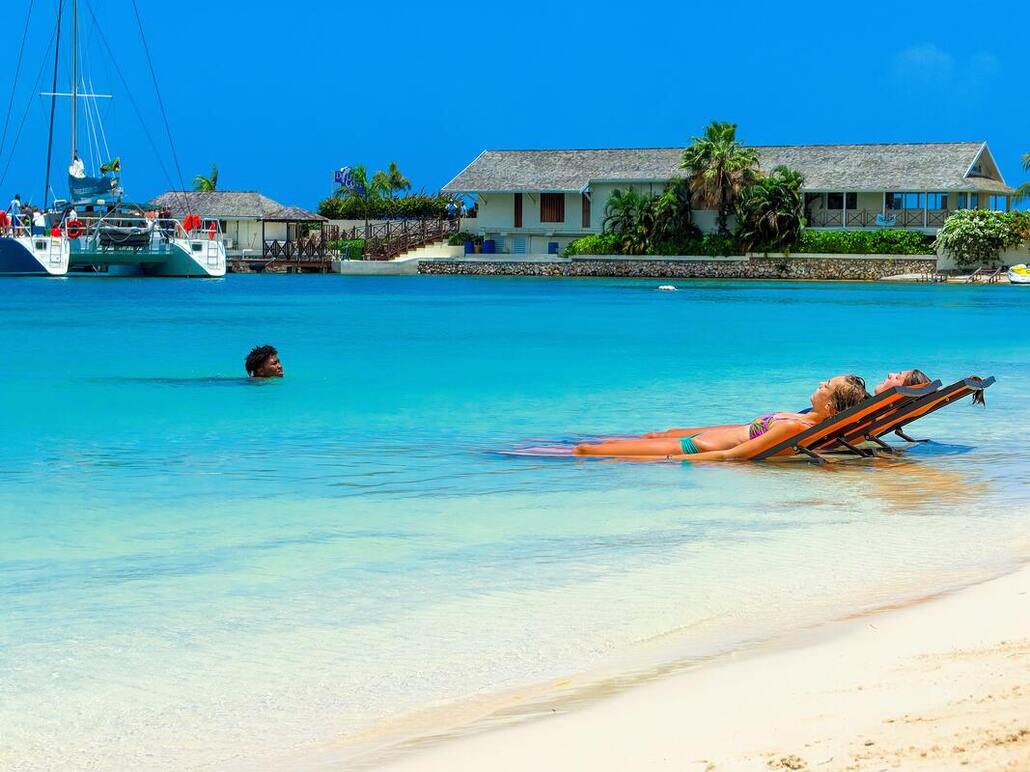
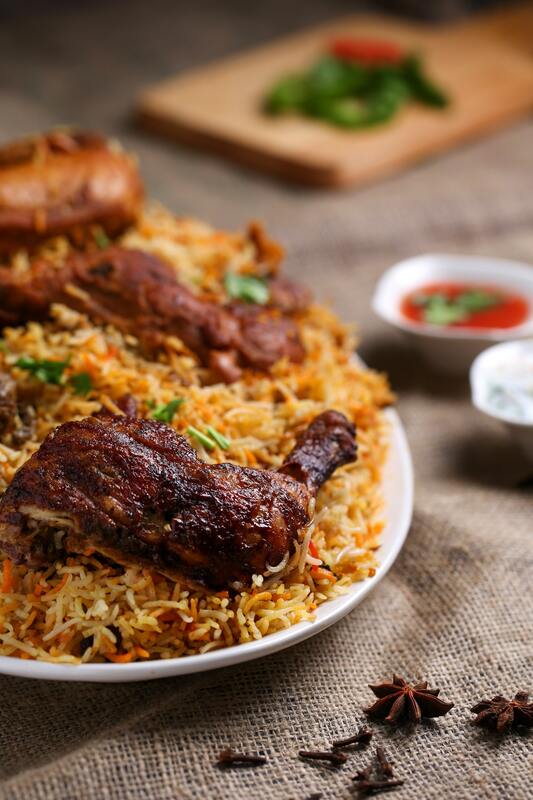
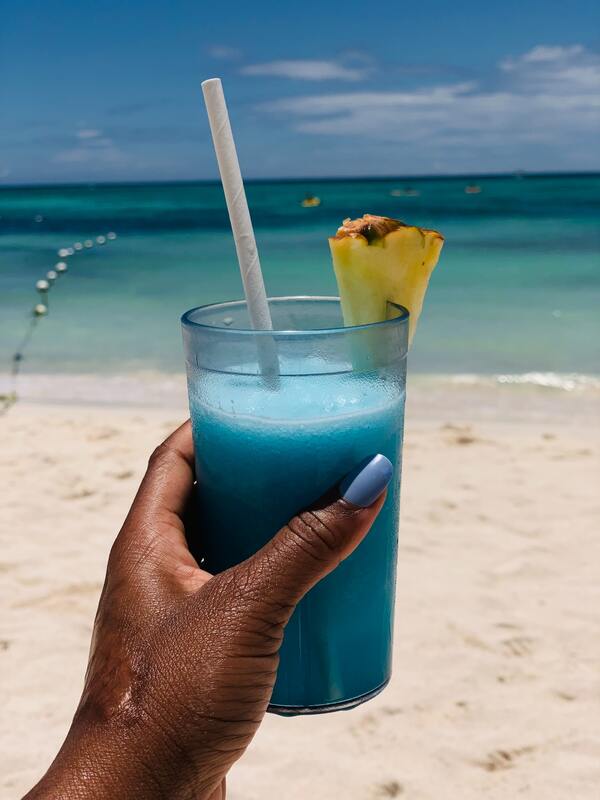
 RSS Feed
RSS Feed
